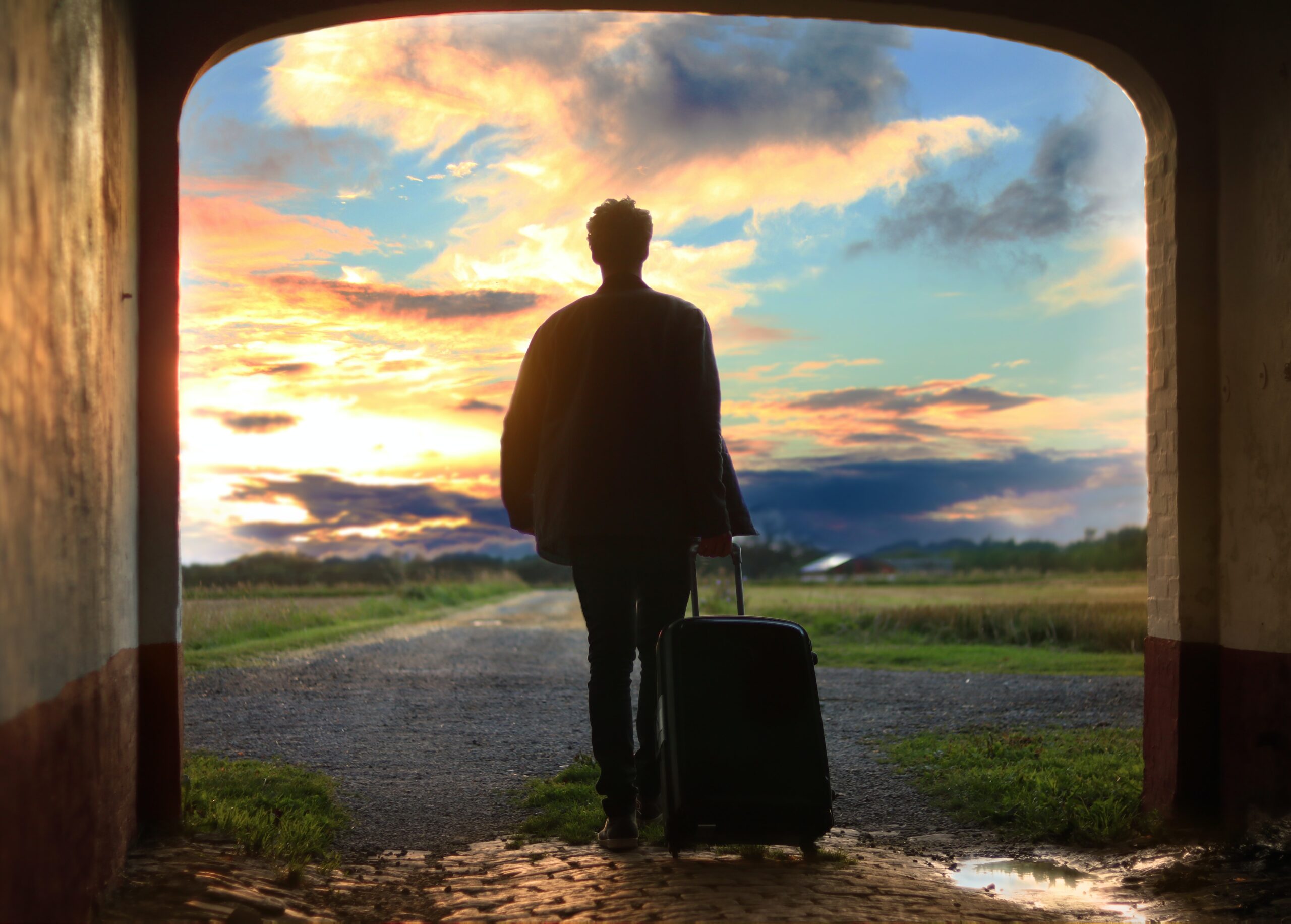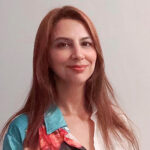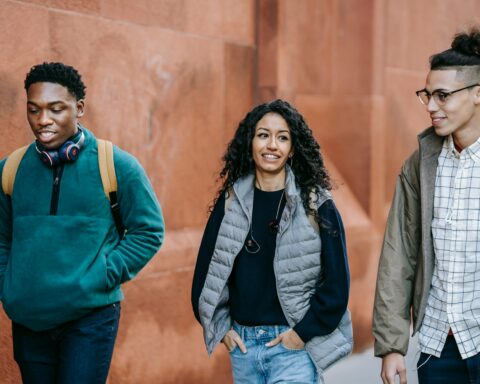We carry the label “refugee” because the place where we were born is a prison surrounded by walls, and the places we try to reach limit and classify us. Our existence is not accepted in the places we leave or the places we arrive.
We weren’t always refugees.
Being a refugee is a life imposed on us because we don’t have the right to live in our own countries, we have to emigrate. Leaving the place we were born is not an outcome we choose, it is a journey we started because we had to. We are trying to escape from our home country because of war, hunger, harassment, inequality, the list goes on.
In short, we are running away from injustice. But our path never leads to justice. Because our stories don’t start fair and equal from the moment we are born. We are the potential prisoners or the expected victims of a possible murder (by war, conflict or starvation) of the countries of which we are citizens, through our lifestyle, beliefs, sexual identities, thoughts, what we write or say.
It is almost impossible for us to leave our countries surrounded by border walls and to enter another place under normal conditions. In the eyes of western countries, we are seen as being “inconvenient” people.
Westerners can travel through many parts of the world without a visa. They are not asked to submit dozens of documents about their private lives to prove themselves. However, we have to get permission to travel. We are asked who we are, how much money and assets we have, our income and profession, a lot of private information, with no guarantee of success.
Refugees were not brought to earth by storks
Refugees are the ‘other’ of every place. We don’t belong in our home country nor do we belong in our adopted country. No matter who you ask, whichever refugee you talk to, especially in Canada, they will tell you similar stories.
The fact that we have a family is worth nothing. Every human being is born into a family. But here they must believe that storks brought us into the world. Because we have to make an effort to get together with our families. Sometimes our family ties are not taken into account at all and visas are not given for them to visit us based on “they come and don’t go back” prejudice that keeps family members from coming and visiting us.
The prerequisite for a person to be granted asylum is the risk of being arrested or killed if they return to their country. Only when their asylum proves this can they get a residency permit. In this case, it is not possible for people who cannot return to their country to visit the relatives they had to leave behind. It is possible to meet with them only by bringing them here. But when a refugee’s family applies for a visa, they can get a straight ‘no’ answer in Canada. Those who come to a country as refugees are initially registered as refugees, even if they obtain a permanent residence permit and citizenship. When their relatives want to visit them, the possibility that they will also seek asylum is taken into account, and therefore their application may be rejected. The Canadian government should not ignore that we have a family, after we have gained the status of protected persons. Storks did not bring us into the world, we existed in a same way like other people.
The system makes educated people ignorant
Another major challenge we face after coming here is that our education and experience are ignored. While Canadians and civic and educational institutions understand and accept us, government policy does not accept our knowledge and experience. Doctors, academics, scientists and journalists who came to Canada as immigrants and refugees cannot practise their professions here. Many barriers such as diploma equivalency, exam requirements, and the need for ‘proper’ grammar are cited as reasons for this.
Acclaimed Mexican journalist Luis Najera winner of global press freedom and human rights awards, and published author is now cleaning floors in Canada. He shared his situation in Canada on his social media account.
“Because two master degrees from local universities are not enough for a refugee to get a seat at the table with the good Canadian society, here I am, back to be a janitor again, after 11 years of studying, applying and publishing.
Since we cannot do our own professions, we have to turn to other jobs. As we learn a new job, we move away from our professions and eventually forget about them. In this way, moving away from our professional specialty doesn’t just mean losing a job, it means moving away from who we really are and losing touch with that side of ourselves completely.
While we are educated people, the system imposes ignorance on us and makes us lose our voices and skills. That’s why we forget who we are and move towards the acceptance that we are “unqualified” day by day. I was a journalist and I was one of the names that the system of the country I came from wanted to silence.
We are told we should be grateful for being allowed in our adopted country, and not criticize
When I see any negativity and try to explain it, people around me tell me to be quiet or I am accused of not being grateful. There is no need for gratitude when seeking justice. Also, if I was the type to keep silent, I would have been silent about the problems I saw in my own country and would not have had to leave.
Trying to seek justice is not a crime. It is wanting the place you live to be better.
I am expected to express my gratitude for being accepted, but we are here because we have all proved our innocence in the eyes of the system. If I complain about or criticize anything about Canada, I sense the feeling that I am being judged by those who think I should be grateful to be here, instead of there. They think I came from hell to heaven.
If I have seen hell, I have to tell about it or I have to tell the similarities between the mistakes made there and the mistakes made here so that heaven does not turn into hell!
We did not cause injustice in the world. We should not be discouraged from seeking justice in our adopted country. We are victims of those who cause injustice, and we will demand justice and equality wherever we go.
Arzu Yildiz graduated from Istanbul Bilgi University in TV Journalism Department and has worked as a journalist, editor and senior reporter. She has written critical pieces of investigative journalism about unresolved murder cases in the Southeast against Kurdish businessmen and illegal weapons supply to Syria. She has four books published and writes for New Canadian Media.





